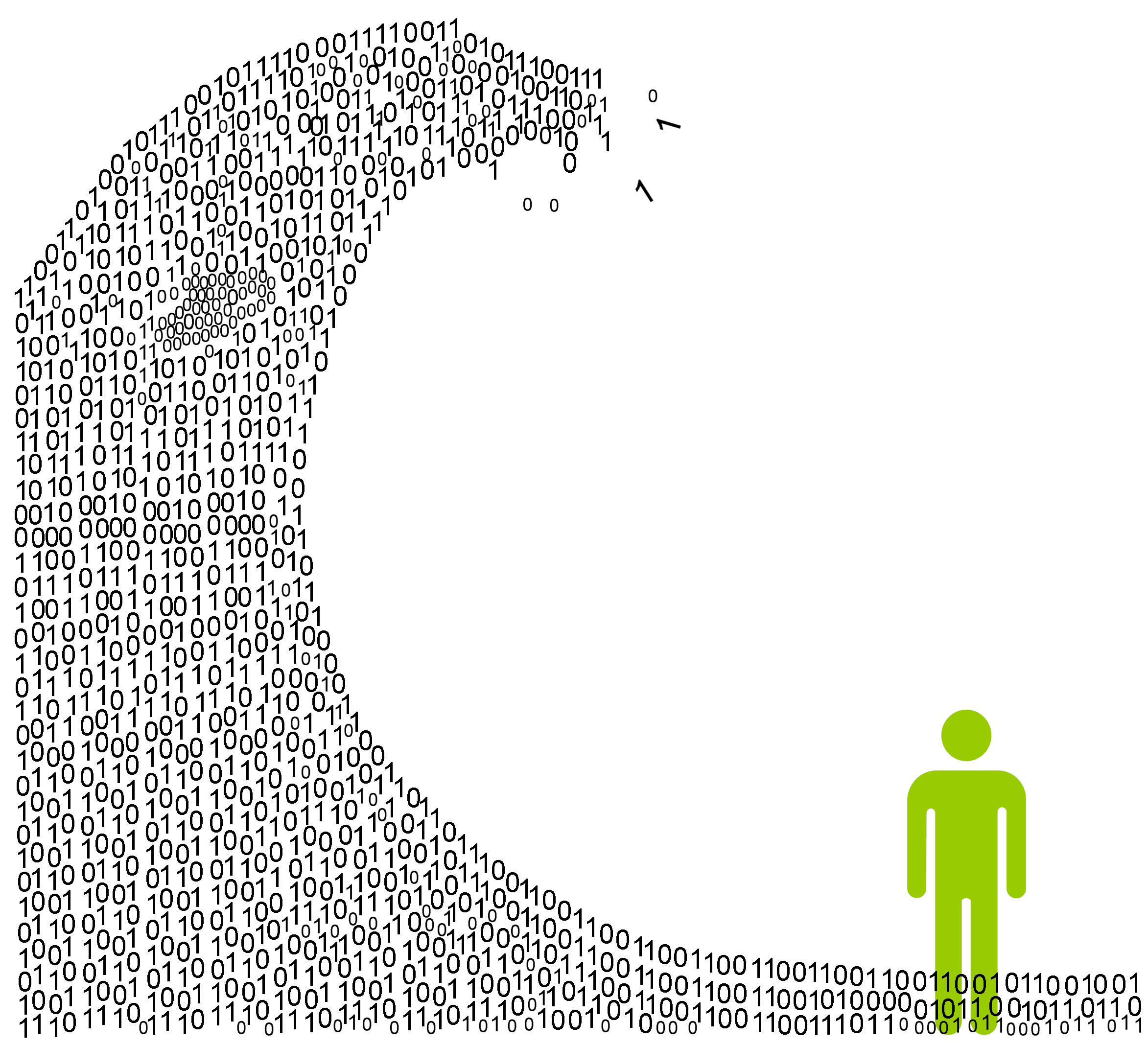Your Classroom Provided By Google
 Classroom google.com/edu/classroom is a new, free tool in the Google Apps for Education suite. It helps teachers create and organize assignments, provide feedback and communicate with their classes.
Classroom google.com/edu/classroom is a new, free tool in the Google Apps for Education suite. It helps teachers create and organize assignments, provide feedback and communicate with their classes.
I have had the feeling for at least a year that Google is planning to move in a much bigger way into education, especially higher education.
This new tool lets teachers create assignments, share a single document or automatically make a copy for each student. You can see who has or hasn't completed the work and provide direct feedback. Of course, it is tied into all the other Google Apps. For example, it automatically creates Drive folders for each assignment and for each student. Students can see what’s due on their Assignments page.
Currently, it is available for teachers at all levels, but you need to apply for a preview of Classroom. I did awhile back, but no preview yet. Classroom will be available to any school using Google Apps for Education by September.
I still think that the real online Google Classroom is yet to come. We will be hosting our online courses in a free Google LMS one day. Look out Blackboard, Canvas and all the rest.

